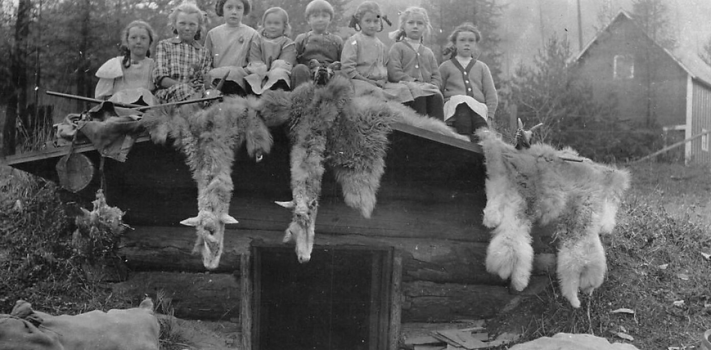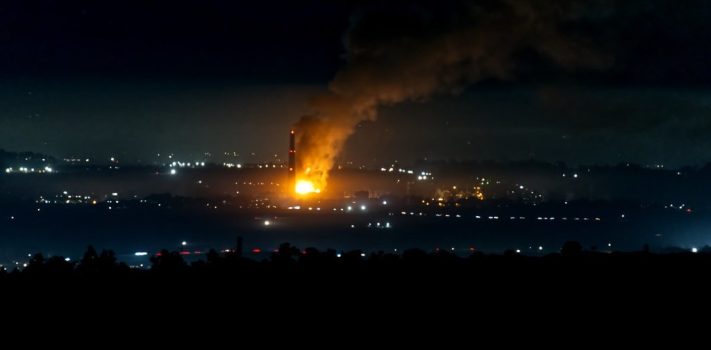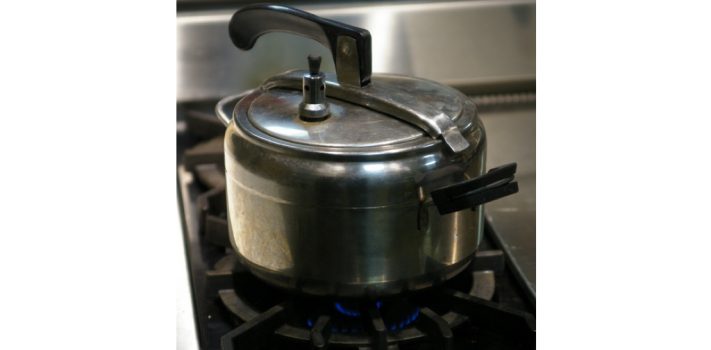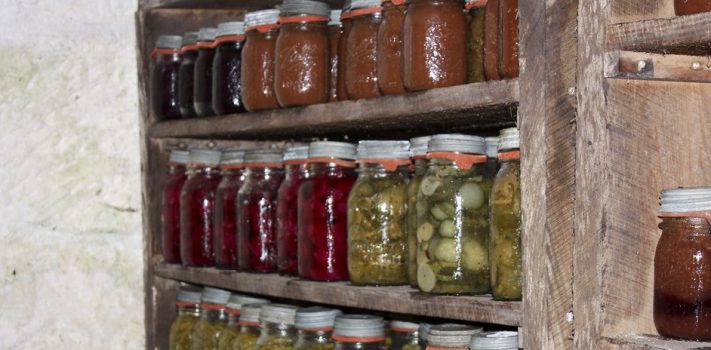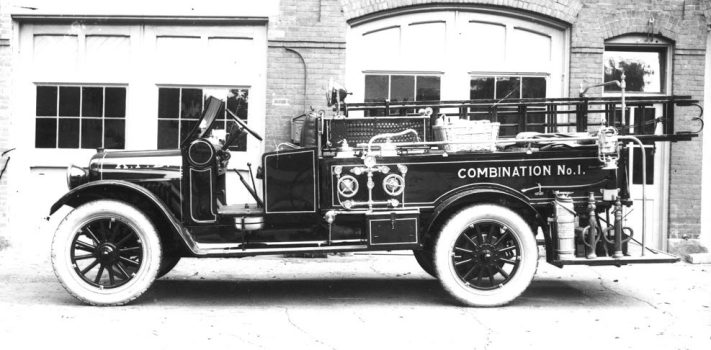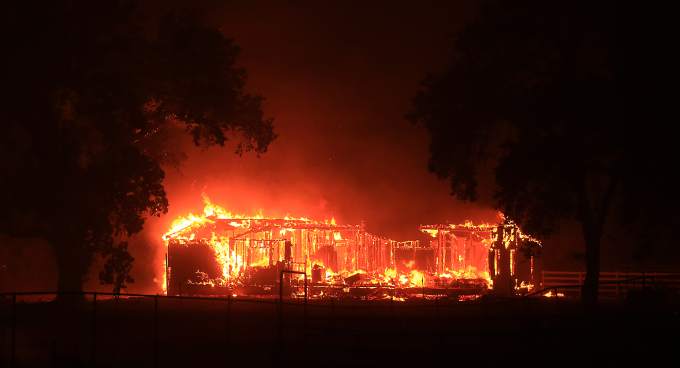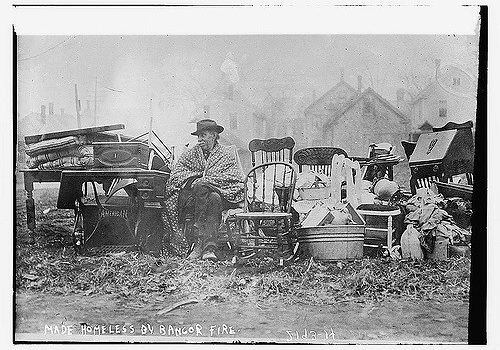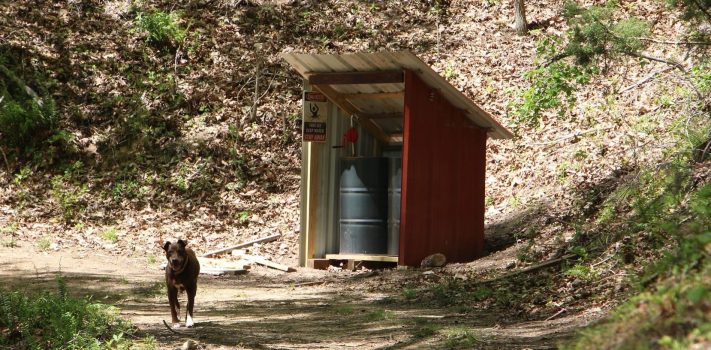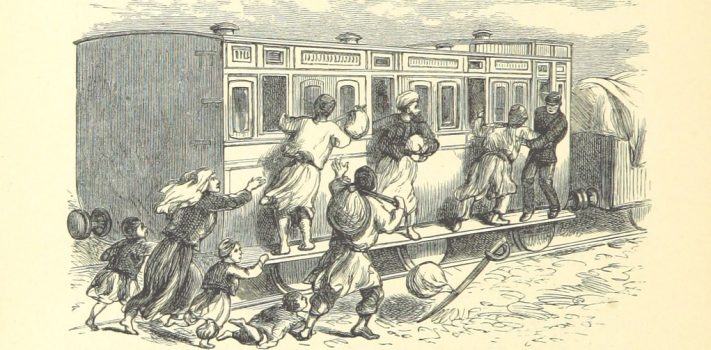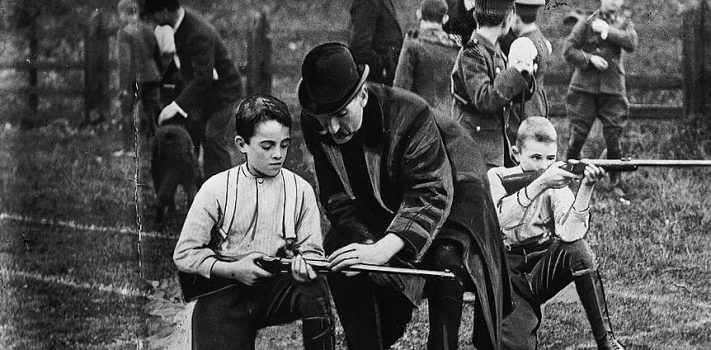Update: Oil and Lubricant Storage in Retreat Planning
JWR’s Introductory Note: The following is an update and expansion to a post that I made in SurvivalBlog back in November, 2005. It is part of a series of SurvivalBlog 20th Anniversary re-posts, in recognition of the fact that the majority of readers did not join us until recent years. — Many letters and e-mails I’ve received over the years have mentioned motor oil and chainsaw fuel mixing oil. That reminded me about a subject that I’ve meant to address on the blog: the key considerations of oil and lubricant storage. It is important to think through all of your …


